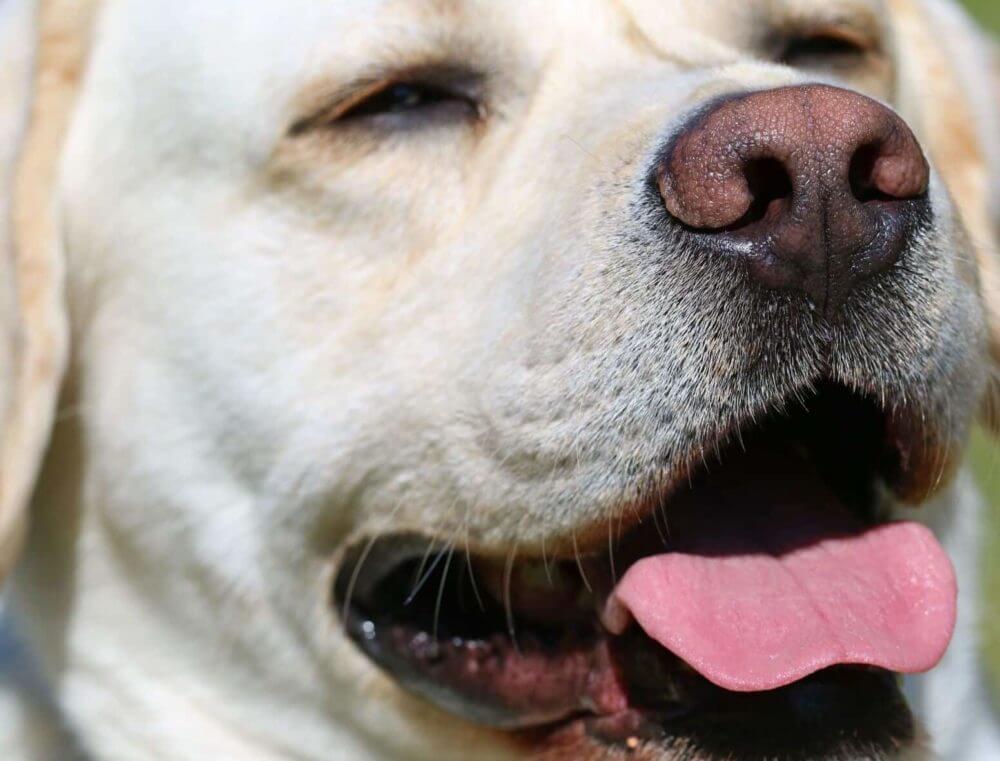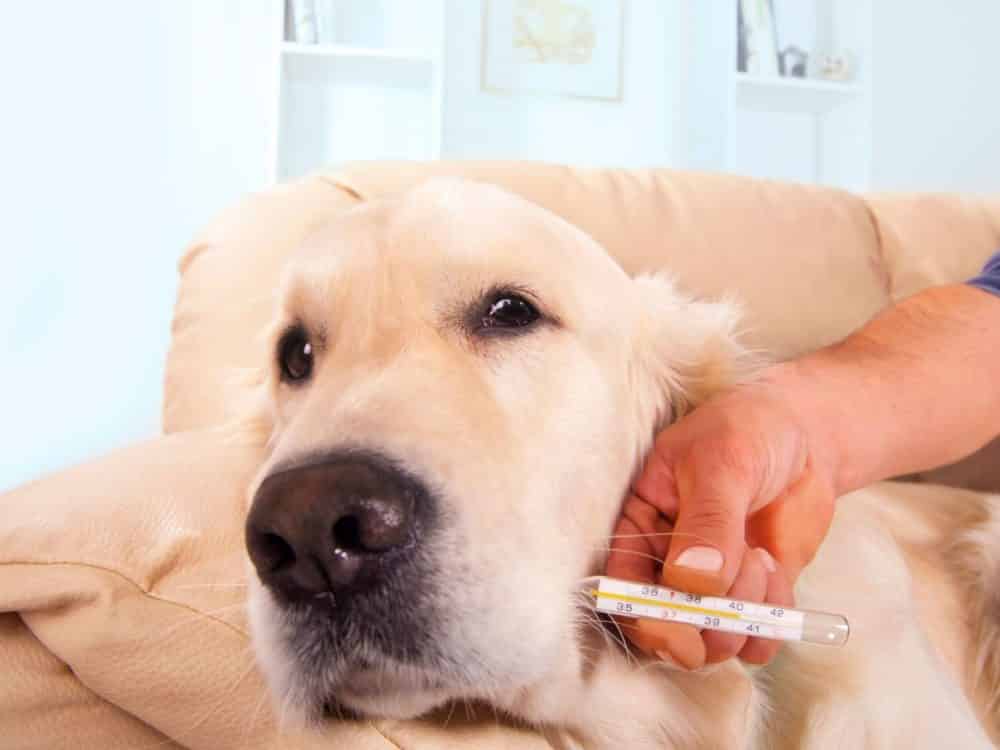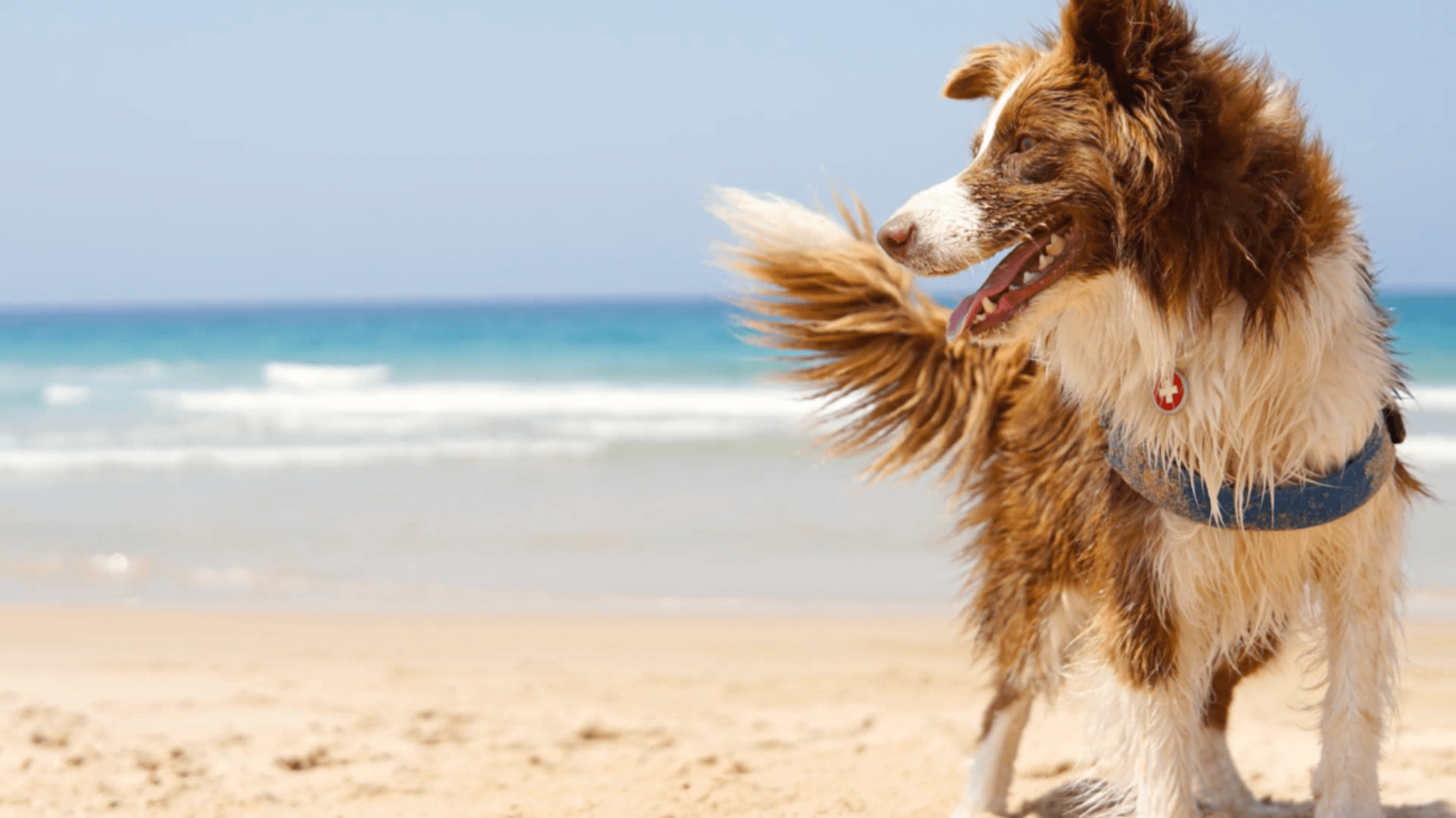Making sure our dogs are carrying a healthy lifestyle and getting all the nutrients they need is one of our most important duties as pet parents. Vitamin D in dogs is essential for their right body functioning, and through this article, we are going to find out why.
Vitamin D in dogs
Vitamin D is one essential vitamin our dogs need in order to help their body regulate the balance and retention of phosphorous and calcium, two super important nutrients our dogs need to have a healthy life. These two minerals are directly related, and work together to help maintain homeostasis, which means maintaining fairly stable conditions for proper functioning.
Phosphorous and calcium
On the one hand, Phosphorus helps dogs maintain the integrity of teeth and bones (86% of a dog’s body phosphorous is stored in his teeth and bones), stimulates the kidneys and gets rid of harmful toxins that can damage the body. And on the other hand, Calcium also contributes to teeth and bone maintenance, proper muscle building, and a healthy nervous system.
Vitamin D in dogs is absorbed through the intestines. After that, some of the enzymes in the liver turn vitamin D into 25-hydroxyvitamin, better known as 25VitD, which is later metabolized in the kidneys.
Functions of vitamin D
Vitamin D in dogs is also in charge of regulating bone mineral metabolism, increasing bone cell activity, and preventing heart disease and joint inflammation.
Puppies who experience a deficiency of vitamin D usually develop weak bones and teeth, while in senior dogs, vitamin D deficiency is associated with chronic kidney disease, autoimmune diseases, and IBD (inflammatory bowel disease).
Research on ‘The effect of diet on serum 25VitD concentrations in dogs’ established that 75% of dogs don’t have enough 25VitD.
Can dogs get Vitamin D from the sun?

We know vitamin D as ‘the sunshine vitamin’ since a good way to help the body produce vitamin D is sun exposure. However, the amount of vitamin D dogs can get from the sun is extremely low. That is why it’s so important to supplement dogs with vitamin D, otherwise, they will most likely experience vitamin D deficiency.
Historically, dogs have obtained their sources of vitamin D from the preys they used to hunt. However, nowadays, dogs don’t live in the wild anymore, so they don’t get the necessary amounts of vitamin D they need.
Our Daily-Multi Vitamins support a healthy immune system, help maintain healthy skin and coat, and enhance muscle and bone growth since they contain 350 UI of vitamin D3 per chew, which covers the recommended daily intake for dogs.
The serving size of small breeds per day is: small breeds ½ chew, medium breeds 1 chew, and large breeds 2 chews.
How much Vitamin D can a dog have?
According to the AAFCO (The Association of American Feed Control Officials), the amount recommended per kg of adult dog food is a minimum of 500 UI (international units) and a maximum of 3000 UI.
Even though vitamin D is essential for the right body functioning, an overdose of vitamin D can be very dangerous for dogs.
Symptoms of Vitamin D poisoning
- Loss of appetite or weight loss
- Increased drinking and urination
- Vomiting or diarrhea
- Joint problems
If you suspect your dog is experiencing vitamin D poisoning, please contact their vet asap.
What is the difference between Vitamin D2 and D3?
There are two possible forms of vitamin D, and both perform the same role in our pups’ bodies: Vitamin D2, a.k.a ergocalciferol, which comes from a plant source, and vitamin D3, a.k.a. cholecalciferol, which is the most usable form for dogs and can be found mainly in fatty meats.





